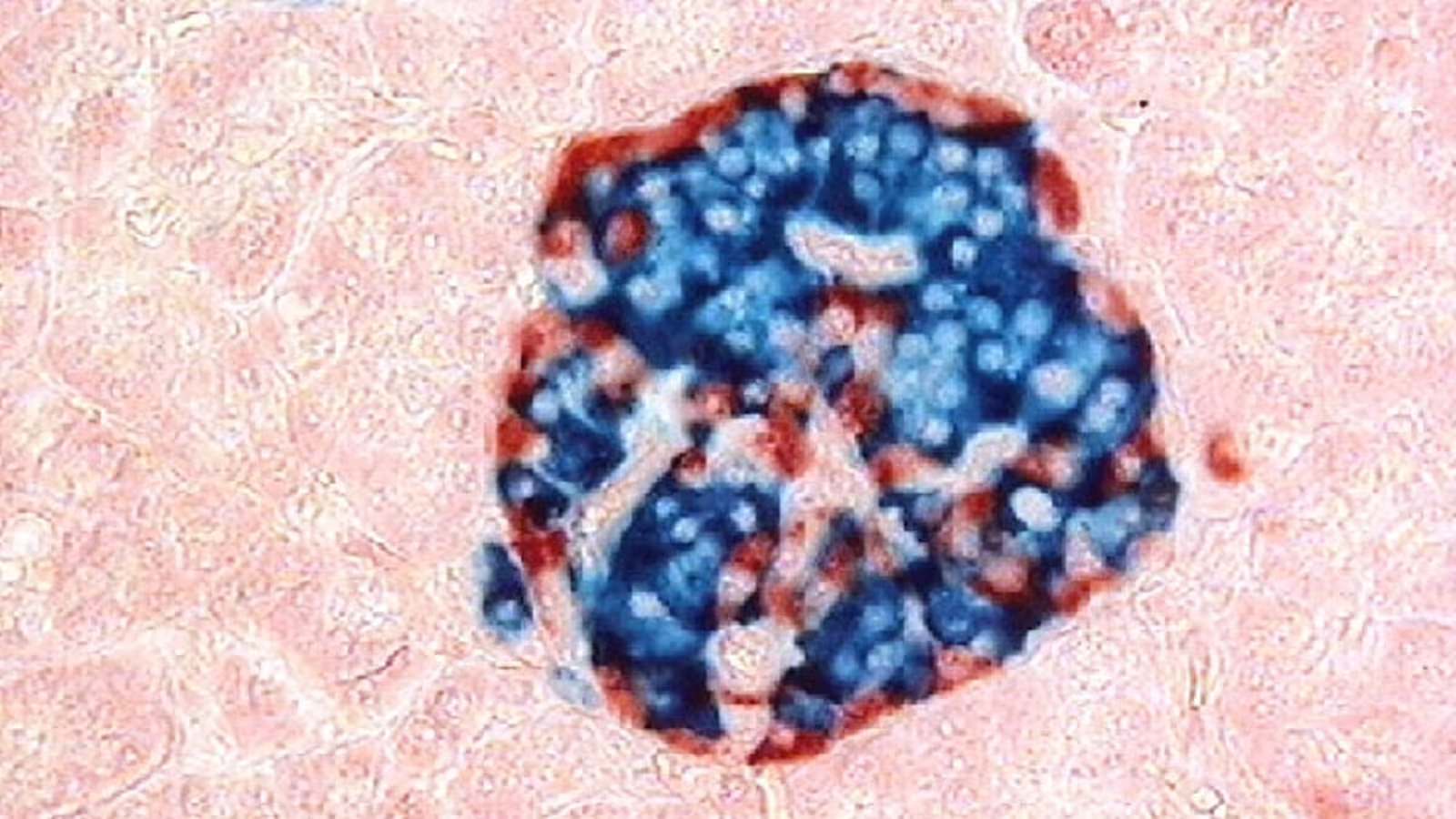3 Minutes
Revolutionary Stem Cell Therapy Achieves Major Milestone in Treating Type 1 Diabetes
A groundbreaking clinical study has shown that an innovative stem cell-based treatment may dramatically improve outcomes for individuals with severe type 1 diabetes, potentially transforming the future of diabetes care. In a trial led by scientists at the University of Toronto and developed by Boston-based Vertex Pharmaceuticals, 12 participants living with advanced type 1 diabetes received transplants of insulin-producing islet cells derived from human pluripotent stem cells. After just one year, all but two patients were able to discontinue insulin injections—a significant leap forward for diabetes therapy.
Understanding Type 1 Diabetes and the Need for Advanced Therapies
Type 1 diabetes is a chronic autoimmune disorder impacting an estimated 8.4 million people worldwide. The disease occurs when the body's immune system mistakenly targets and destroys pancreatic islet cells, specialized cells responsible for producing insulin. Without enough insulin, the body cannot effectively regulate blood sugar, resulting in dangerous fluctuations that can cause organ damage, hypoglycemia (too little sugar), seizures, coma, or even death. Intensive insulin therapy is required throughout a patient’s life, but maintaining the delicate balance is incredibly challenging.
The Zimislecel Trial: A Breakthrough in Regenerative Medicine
The recent phase 1/2 clinical trial brought together advanced biotechnology and regenerative medicine to address this unmet need. Led by Dr. Trevor Reichman and his team, the study involved infusing patients with islet cells engineered from stem cells—a process designed to restore natural insulin production. Prior to and following the infusion, participants received immunosuppressive therapy to help prevent their bodies from rejecting the transplanted cells.
Results revealed that the transplanted islets not only survived in the patients’ bodies but also began producing insulin at safe, effective levels. According to the published research, "zimislecel islet cells were functional and self-regulated appropriately," drastically decreasing the reliance on external insulin and improving overall glucose control.
Safety, Challenges, and Next Steps for Stem Cell Diabetes Therapy
While the majority of patients experienced only mild to moderate side effects—primarily related to immunosuppressive medication, such as reduced kidney function and lowered immune cell counts—two participants died during the study. One case was due to a surgical infection, while the other resulted from an unrelated medical issue. Importantly, none of the significant adverse events were directly linked to the new islet cell therapy itself, and the promising safety profile has allowed the clinical program to advance to phase 3 trials.
Dr. Reichman and colleagues underline the importance of their findings, stating, "These findings provide evidence that pancreatic islets can be effectively produced from pluripotent stem cells and used to treat type 1 diabetes."
Future Implications and Potential for Global Diabetes Treatment
Traditional islet cell transplants rely on donor organs, which are scarce and require multiple donations per patient—making widespread adoption nearly impossible. The ability to generate functioning islet cells from stem cells not only circumvents the donor shortage but holds tremendous promise for scalable and potentially curative treatment worldwide. As research progresses to larger and longer-term trials, the hope is that millions living with type 1 diabetes may one day achieve independence from lifelong insulin injections.
Conclusion
The latest progress in stem cell-derived islet cell transplants marks a turning point in the battle against type 1 diabetes. This pioneering approach demonstrates that regenerative technologies can restore natural insulin production, offering realistic hope for a future where diabetes is not just managed, but potentially cured. Continued research and expanded clinical trials will determine how this innovation may soon transform global diabetes care.
Source: doi



Comments